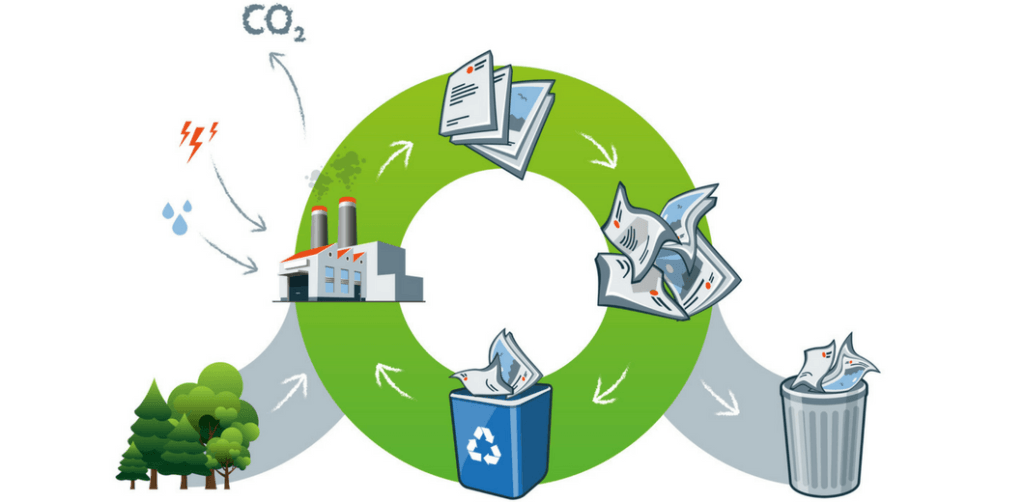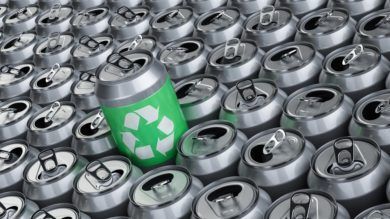Now, more than ever, it’s important that businesses and consumers recycle manufactured goods due to ever increasing populations and dwindling resources. There are two main types of recycling processes —open-loop recycling and closed-loop recycling—that differ in the overall sustainability of the supply chain of the raw materials processed so it is important to be aware of both.
Open-loop recycling is a recycling process that postpones disposal through converting manufactured goods into both new raw materials (which can be used as production inputs) and waste products. Closed-loop recycling, on the other hand, is a recycling process through which a manufactured good is recycled back into itself or a similar product without significant degradation or waste.
Open-Loop Recycling
Open-loop recycling is any recycling process where the recycled materials are converted into both new raw materials and waste product. Typically, materials recycled through open-loop recycling go on to be used for purposes different from their former, pre-recycled purpose. This means that the input into the recycling process is converted to a new raw material, which can be used as an input into another manufacturing process.
Open-loop recycling processes usually involve processing various types of products of similar material makeup and change the properties of the material itself (through heat, chemical reactions, or physical crushing). Open-loop recycling is often associated with a degradation of the material being recycled, and a loss of attached materials that are not being recycled (such as bottle labels and adhesives). Open-loop recycling is also referred to as downcycling or reprocessing.
Government recycling programs are typically open-loop recycling processes. When consumers purchase single-use manufactured goods, the materials used to develop those goods exit the supply chain of the company that produced the goods. When these goods are recycled, they are combined with similar products containing various materials other than the desired recyclable material, resulting in waste.
Closed-Loop Recycling
Closed-loop recycling is focused on supply chain sustainability. Closed-loop systems are developed so that all of the materials in manufactured goods can be recycled, usually for use in the same type of product. For closed-loop recycling, the manufacturing process is usually designed with recycling in mind. Aluminum can recycling is an example of a closed-loop recycling process because aluminum can be recycled to form new cans with little material degradation or waste creation.
Closed-loop recycling is common in specialized industries, such as the computer and battery industries, which use expensive or complex goods that cannot easily be broken down post-consumption into constituent materials. Closed-loop recycling focuses on bringing the products back to the company or industry of manufacture so that they can be reused or refurbished without a loss of material.
Dell, a leader in recycling and designing products with recyclability in mind, is one company that is known for their closed-loop recycling processes. Dell focuses on designing their products to minimize the use of glues to reduce loss and create less degradation of their materials during the recycling process.
Regardless of what materials you have to recycle, sorting is important for a superior end result. General Kinematics has recycling solutions (for both open- and closed-loop recycling processes) to increase your sorting power. Contact one of our GK experts today and discover the latest technologies, products, and solutions for your recycling needs.








